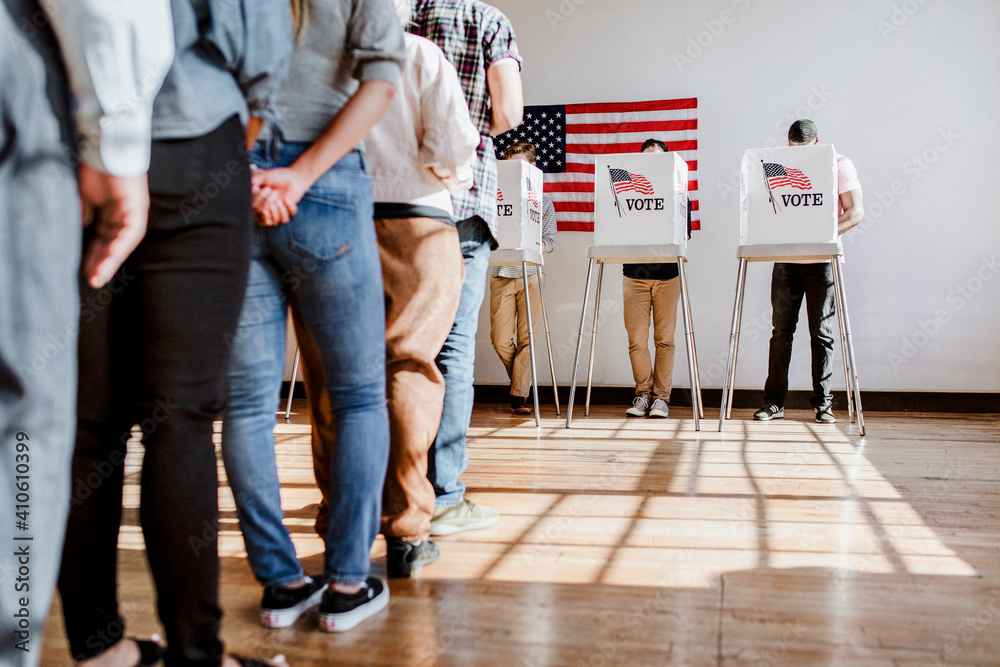
As time gets closer and closer to the upcoming 2024 presidential election, voting among college students is a hot topic. The engagement of young voters is crucial for the integrity of the democratic process.
However, despite the great impact voting has on lives, voter apathy among college students remains a concerning trend. This concern leaves questions for the 2024 election and the future of civic participation among those aged 18-24.
According to goodparty.org, voter apathy is the lack of interest or concern among voters regarding election participation. It’s characterized by indifference, disconnection, and pervasive belief that our votes don’t count.
For many individuals, the belief that their vote will not make a difference in the outcome of an election serves as a discouragement to participate. Additionally, structural barriers such as voter suppression tactics, voter registration requirements and long wait times at the polls contribute to voter disengagement.
Students at Florida State University and Florida A&M University told The Famuan about their perspectives on the issue of voter apathy. Makiah Brown, a senior at FSU, reflected on the challenges of balancing academic responsibilities and extracurricular activities with civic engagement.
“Between classes, assignments, and outside responsibilities, finding the time to research candidates and cast my vote can be daunting. Sometimes it feels easier to sit the election out altogether,” Brown said.
Dylan Kyle, a senior at FAMU, highlighted the impact of systemic barriers on voter participation.
“Growing up in a community where you don’t see many voter registration drives, and there are limited polling locations, I’ve witnessed firsthand the effects of real-life voter suppression tactics. It’s disheartening to see how these challenges discourage people from exercising their right to vote,” Kyle said.
Amid the wide range of reasons for voter apathy, one of the most pressing ones is the perception of politicians as disconnected from the everyday concerns of citizens. Brown also expressed her frustration regarding this.
“Another reason I don’t take the time to dig too deep into candidates is that it feels like politicians only care about our votes during election. Once they’re in office, they forget about us and focus on their own agendas. It’s hard to stay motivated to vote when you feel your voice doesn’t matter,” Brown said.
Kyle agreed that elected officials don’t always prioritize the needs of the people, but he still encourages those around him to understand the importance of voting.
“There is a sense of disappointment with young voters. Often, we see the same issues persisting year after year,” Kyle said. “Though this can be discouraging, I try to tell my friends to use that reason as fuel to take the time to research candidates, attend meetings, and regularly engage in politics. It’s up to us to make our voices heard and hold our leaders accountable.”
Voter apathy creates a significant challenge to the vitality of democracy, presenting a disconnect between citizens and the political process. Addressing the issue will require efforts to reengage citizens, rebuild trust in the political system, and create a culture of active participation at colleges and universities.